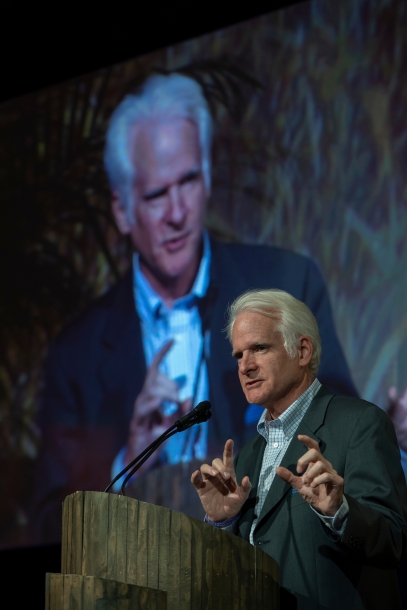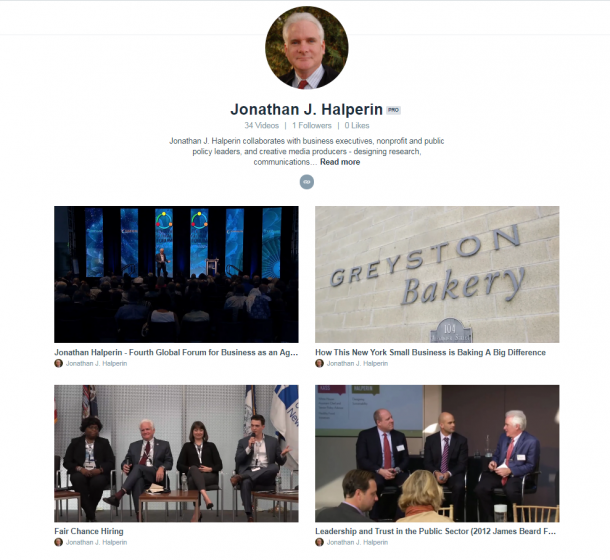You are here
Perspective on Russia -- A Loss of Basic Orientation

December 14, 1993
Op-Ed
Boris Grushin and Jonathan J. Halperin
Permalink: http://articles.latimes.com/1993-12-14/local/me-1615_1_public-lifep%20
Politics, the basis of Soviet public life, has vanished. In its wake, people don't understand what is occurring.
As Russia goes through post-electoral tabulating and spinning, what can we discern about its people?
Russians' voting behavior rests on a barely formed, ever-shifting foundation of knowledge and understanding. As indicated in Vox Populi polls, nearly 80% of the Russian population consistently reveals that it has little idea of what democracy entails. And fully 47% evince a typically Russian type of ignorance: gordoye molchaniye, or proud silence, behind which rests an almost total lack of understanding of the basic tenets of democratic life and politics.
The Russian polity's lack of knowledge extends beyond democratic principles to economic issues. In this area, with which Russians are obviously and deeply preoccupied, more than 60% of the population admits to being unable to describe the attributes of such an economy or flatly refuses to characterize a market economy.
The point here is not about ignorance pure and simple; the fact that 20% of the Russian population can identify the characteristics of a democratic society after living for five generations under Soviet rule is not insignificant. The crucial finding is that at this historic moment, we are witnessing nothing less than the deconstruction of public political ideology in the former Soviet Union--an inevitable backlash after decades of forced political allegiance and the charade of participation.
Politics, the organizing feature of Soviet public life, has vanished. In its wake, people cannot understand what is occurring. They have lost their basic orientation. As a consequence, extreme emotional agitation, unstable reactions and assessments and a tendency to rush from one extreme to the next characterize life in Russia today. To talk of "political alienation" is to sanitize and distort the magnitude of the public reaction to the collapse of an entire social and ideological system.
When Westerners ask, "Are the election results 'legitimate'? " we miss the point. When we ask why People's Choice did better or worse than the Democratic Party of Russia, we miss the point. Yes, much is at stake in these elections. But as important as national leaders are to Russia's future, as historic a figure as Yeltsin surely is (as was Gorbachev before him) and as anti-democratic as may be the leaders of the Communist Party or the Liberal Democratic Party, the future of Russia will not be decided by the results of any single election.
Political flux in Russian has become the norm, replacing forever the iron certainties symbolized by the stony-faced old men on Lenin's tomb. The current elections were legitimate by virtue of the fact that they actually occurred. Is it not an extraordinary sign of an emerging pluralistic society (for which we in America are so eager to provide "technical assistance") that citizens, journalists and public leaders are fighting over political issues? Is it not even more significant that people in Russia have turned inward, away from the pomp and circumstance of public political displays, rallies, marches and demonstrations?
Findings from numerous polls taken as recently as early this winter reveal that a stable 60% to 70% of the Russian population engages in political absenteeism. To the question, "For whom will you vote?" they respond, "No one." When asked, "In whom do you have greater confidence?" they respond, "No one." When asked, "Who is most likely to bring the country out of crisis," they respond, "No one." Yet at the same time, a wide majority (82%) of the population subscribes to the view that "the fate of Russia" rests with "everyone minding their own business and having a sense of personal responsibility."
The political revolution ignited under Gorbachev--and which undermined him as people adhered increasingly to the notion of being personally responsible for their own actions or inaction--is not over. It has entered a new phase that may last for years--a period in which people distrust, with good reason, everything political. This does not mean that they will not participate in elections and other forms of political activity as they search desperately for security and stability. However, they are doing so in a spirit of aversion to everything political--especially national politics.
This aversion is, paradoxically, Russia's good news. Without anger, without aversion to a politics that has promised so much and delivered so little, a Russian future that is radically different from the past will be impossible. For some years to come, Russia is likely to consume even its most able political leaders, regardless of their platforms and positions. By feasting on these leaders, the Russian people will express honestly and clearly how angry, frustrated and lost they are. They will express, in short, the truth--not some whitewashed version but the real story of their lives.
We do not know what Russia will look like in the 21st Century. But we do know that its fate is being driven by the views, knowledge and practical worries of its people rather than by a small political clique in Moscow, We would do well--as Americans, business people and journalists--to listen to what Russia's citizens are saying and to understand how they are feeling as they search for meaning in a radically transformed and unfamiliar world.
Boris Grushin is the president of Vox Populi, Russia's leading private-survey research institution. Jonathan J. Halperin is president of FYI Information Resources for a Changing World, a Washington-based information services and project-planning firm that has been operating in the former Soviet area since 1988

